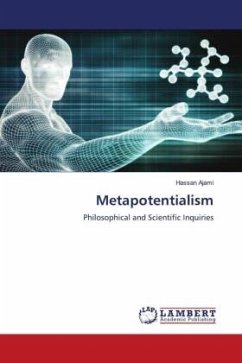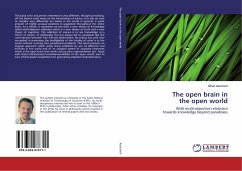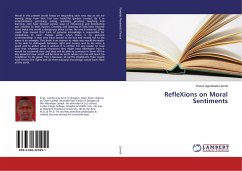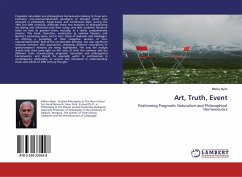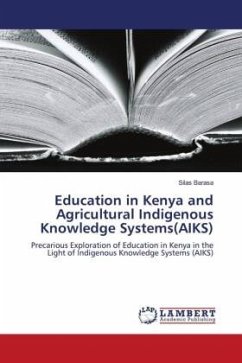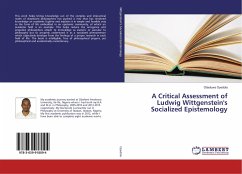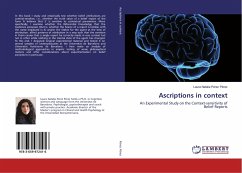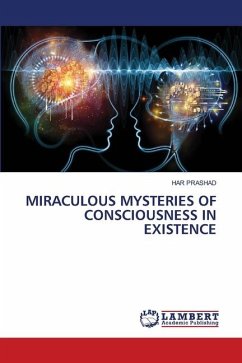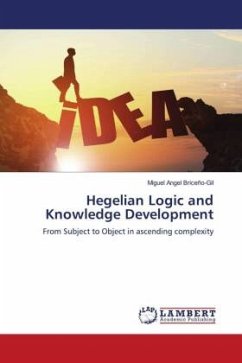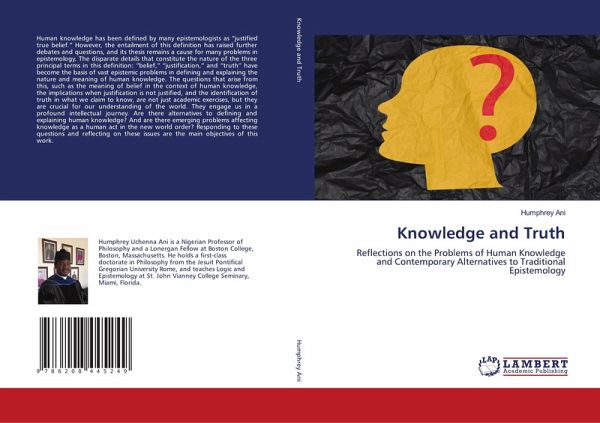
Knowledge and Truth
Reflections on the Problems of Human Knowledge and Contemporary Alternatives to Traditional Epistemology
Versandkostenfrei!
Versandfertig in 6-10 Tagen
60,99 €
inkl. MwSt.

PAYBACK Punkte
30 °P sammeln!
Human knowledge has been defined by many epistemologists as "justified true belief." However, the entailment of this definition has raised further debates and questions, and its thesis remains a cause for many problems in epistemology. The disparate details that constitute the nature of the three principal terms in this definition: "belief," "justification," and "truth" have become the basis of vast epistemic problems in defining and explaining the nature and meaning of human knowledge. The questions that arise from this, such as the meaning of belief in the context of human knowledge, the imp...
Human knowledge has been defined by many epistemologists as "justified true belief." However, the entailment of this definition has raised further debates and questions, and its thesis remains a cause for many problems in epistemology. The disparate details that constitute the nature of the three principal terms in this definition: "belief," "justification," and "truth" have become the basis of vast epistemic problems in defining and explaining the nature and meaning of human knowledge. The questions that arise from this, such as the meaning of belief in the context of human knowledge, the implications when justification is not justified, and the identification of truth in what we claim to know, are not just academic exercises, but they are crucial for our understanding of the world. They engage us in a profound intellectual journey. Are there alternatives to defining and explaining human knowledge? And are there emerging problems affecting knowledge as a human act in the new world order? Responding to these questions and reflecting on these issues are the main objectives of this work.




